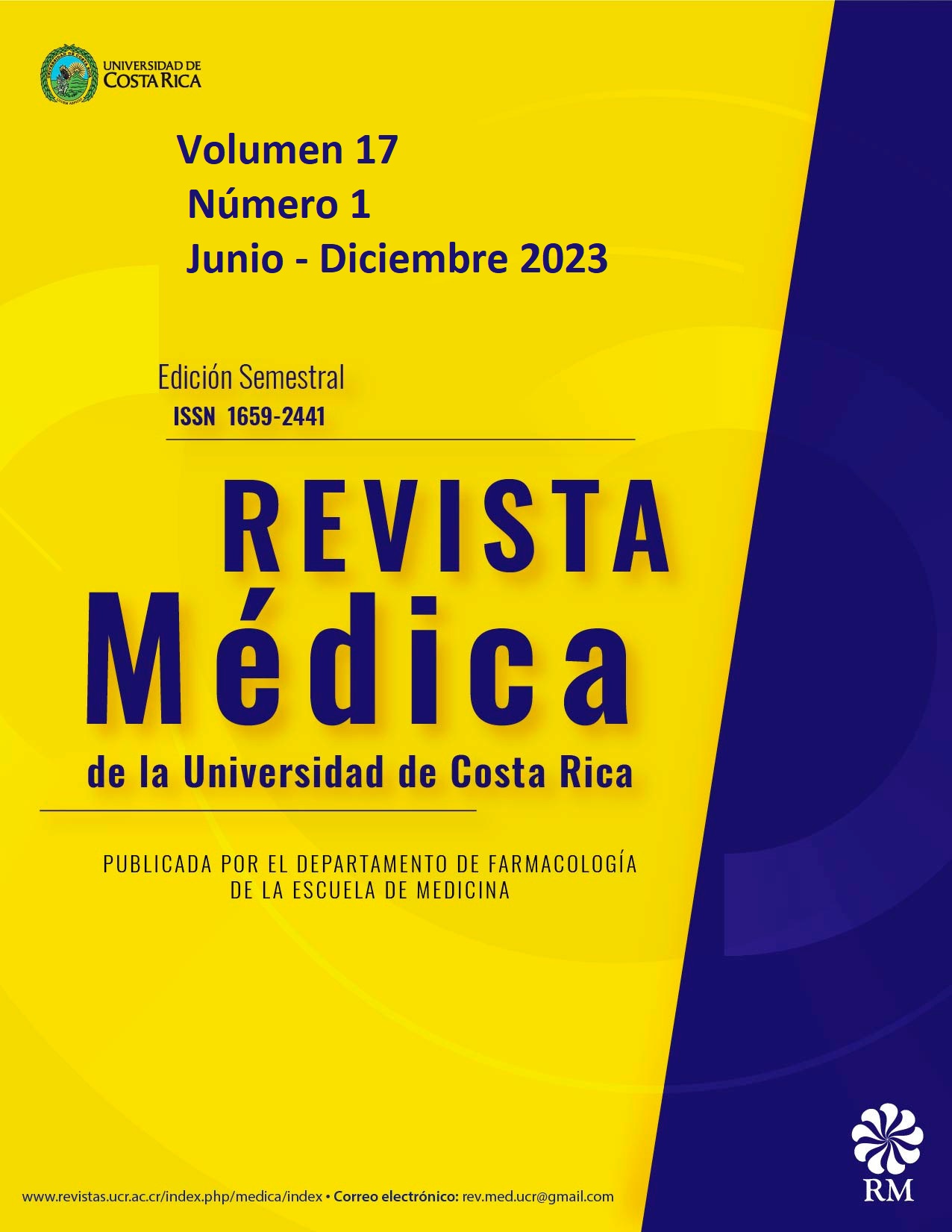Abstract
The relationship between cancer and primary immunodeficiencies, also known as inborn errors of immunity, has been studied for years. Common variable immunodeficiency exemplifies this relationship, as it is amongst the most frequent primary immunodeficiencies and the risk of malignancy is even greater when compared to others. Many hypotheses have been proposed to explain why this risk increases, which include defects in tumor immunity, chronic inflammation, genetic predisposition, genetic instability, altered clearance of viruses and bacteria, and altered microbiota. Hence, this review attempts to synthetize the evidence that is currently available on these hypotheses, in order to improve the understanding of the mechanisms that participate in the development of cancer in people with common variable immunodeficiency. To achieve this, a search for articles published between 2018 and 2023 was done, using keywords in different databases (ClinicalKey, ScienceDirect, SAGE Journals, Springer, Willey, PubMed and Google Scholar). At the end of this review it is concluded that, based on the current evidence, the mechanisms implicated in the aforementioned hypotheses are likely to act simultaneously and collaborate with each other in the processes of carcinogenesis and tumor progression.
Key words: Common Variable Immunodeficiency, cancer, immunologic diseases, genetic predisposition, human microbiome. Source: DeCS/MeSH.

This work is licensed under a Creative Commons Attribution-NonCommercial 4.0 International License.
Copyright (c) 2023 Paula Barrantes Silman

